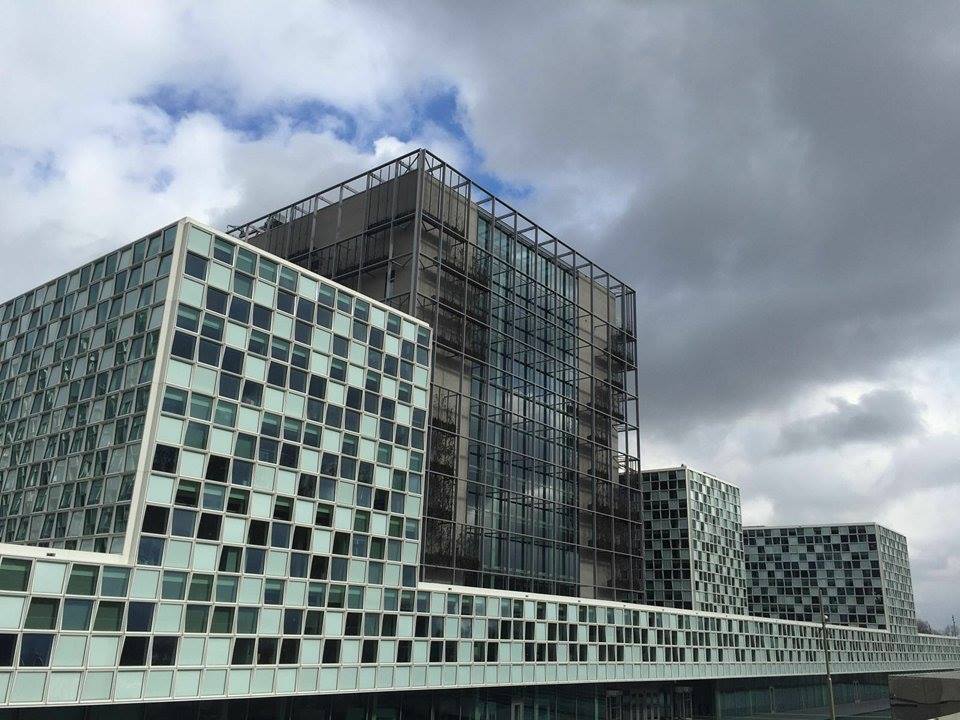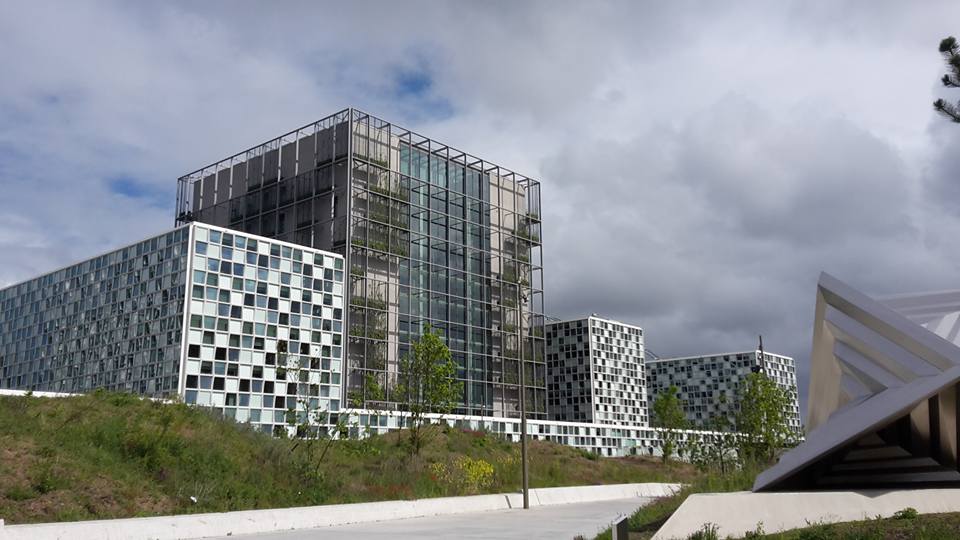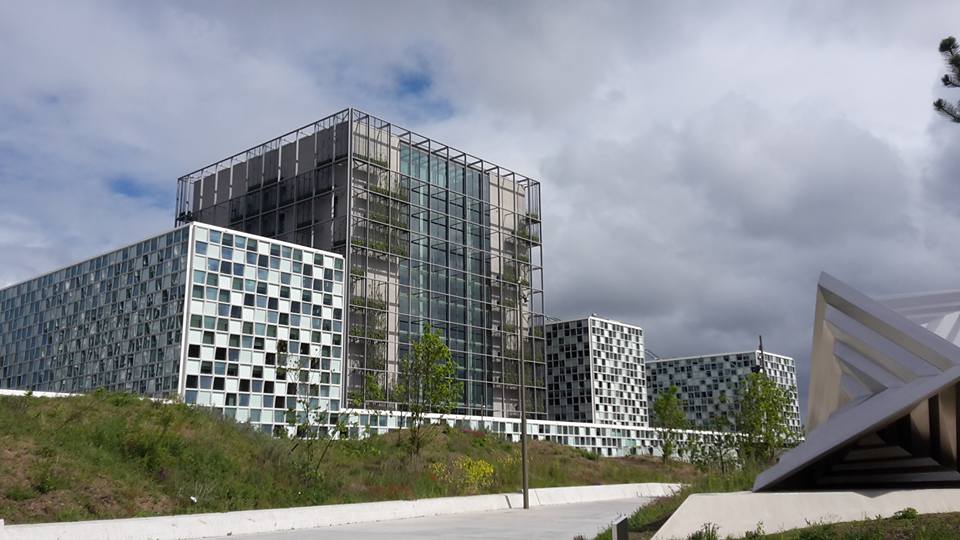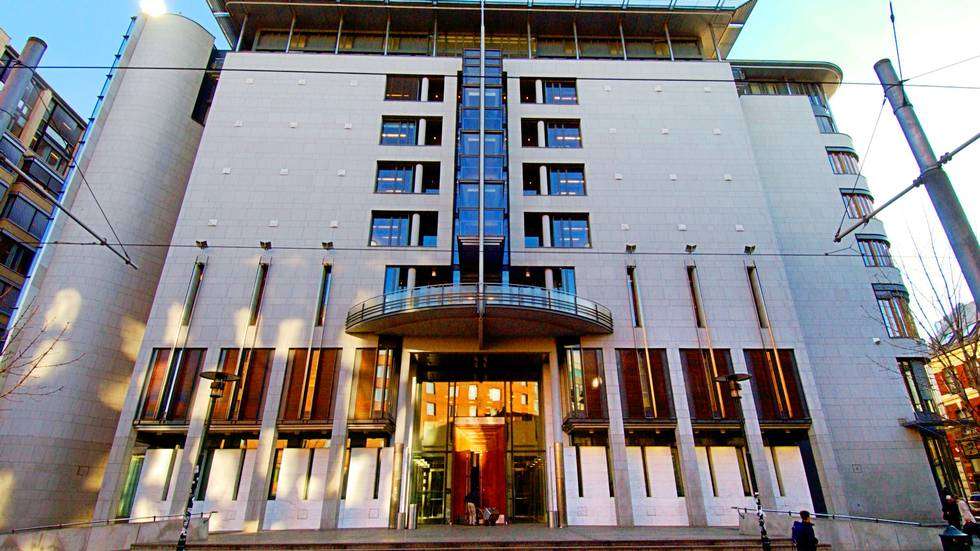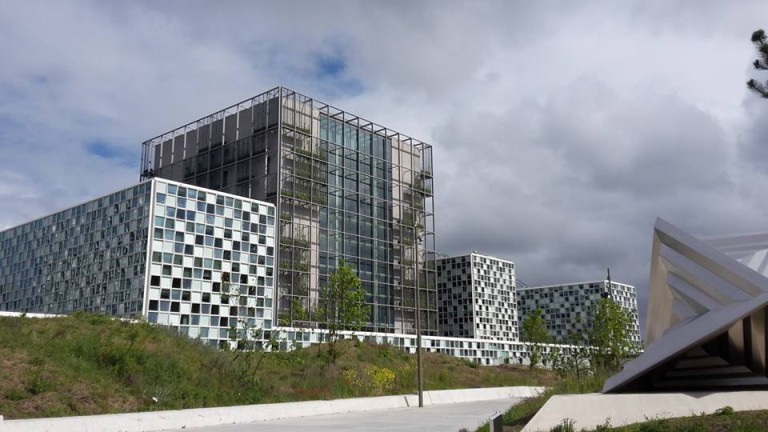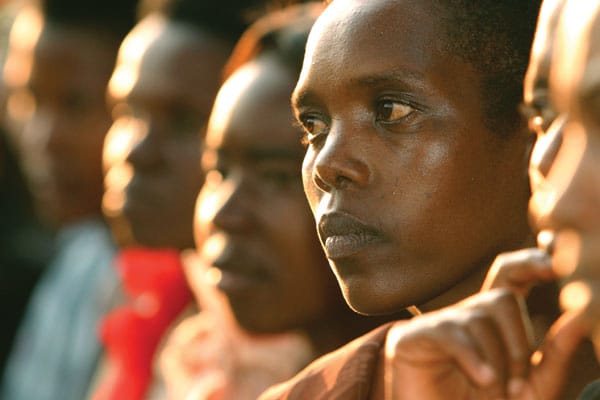Dominic Ongwen, commander of the Lord’s Resistance Army, before the International Criminal Court: some reflections on the first week of trial
in Giurisprudenza Penale Web, 2017, 1 – ISSN 2499-846X
International Criminal Court, Trial Chamber IX.
Situation in Uganda, in the case of The Prosecutor v. Dominic Ongwen
In the late 1980s, Joseph Kony founded the Lord’s Resistance Army (LRA), which launched a rebellion against the central Ugandan government in Kampala. This group waged war and attacked civilians in northern Uganda. Among the crimes committed by this group, the LRA abducted young children, who were then enrolled in the LRA ranks. One of these abducted young children was Dominic Ongwen. When he grew up, following a rapid promotion based on his ferocity and his loyalty to Kony, he became one of the most important LRA commanders.
On 16 December 2003 Uganda self-referred the situation in northern Uganda to the International Criminal Court (ICC), which opened an investigation on the acts of the LRA. Following such a preliminary investigation, on 8 July 2005, the ICC issued five arrest warrants, respectively, for Joseph Kony and four commanders of the LRA (Vincent Otti, Raska Lukwiya, Okot Odhiambo and Dominic Ongwen).
In late 2014, some of the LRA members, including Ongwen, started plotting to desert the LRA. This lead to the escape of nine Ugandan fighters, who created a splinter LRA group based in northern Democratic Republic of Congo. Ongwen remained in the LRA, but Kony started suspecting that Ongwen played a relevant role in this desertion plan. For this reason, Kony ordered to beat Ongwen and to hold him in detention. Ongwen managed to escape from his detention and, shortly after that, he surrendered to the US forces; he was then transferred under the authority of the ICC, where he is currently on trial.
1. The trial
On 26 of March 2016, Pre-Trial Chamber II issued a decision on the confirmation of charges against Dominic Ongwen under the Rome Statute. He stands as accused of 70 counts of crimes against humanity and war crimes, pursuant to articles 25(3)(a) (direct perpetration, indirect perpetration and indirect co-perpetration), 25(3)(b) (ordering), 25(3)(d)(i) and (ii) and 28(a) (command responsibility). The charges against Dominic Ongwen also include sexual and gender-based crimes, such as forced marriage, rape, torture, sexual slavery, enslavement, and the conscription and use of children under the age of 15 to actively participate in hostilities.
The trial before Trial Chamber IX opened on 6 December. Ongwen claimed that he was abducted by the LRA and pleaded not guilty to the ICC charges. The trial has since resumed from Monday 16 of January 2017 with the presentation of the evidence of the Prosecution (OTP).
Despite the fact that this trial has just started, it encompasses several interesting components. For example, the OTP has a new prosecutorial strategy, which focuses on the direct perpetration of sexual and gender-based crimes. Secondly, Ongwen’s defence team wants to use an innovative defence strategy claiming that the accused is a victim of the alleged crimes rather than a perpetrator. Finally, this trial entails a large participation of victims to the proceedings, and a broad outreach of the ICC to the local communities affected by the crimes. This contribution is going to briefly describe and analyse such issues.
2. The OTP’s strategy
In her opening statement, the Prosecutor of the ICC, Fatou Bensouda, clarified that the OTP decided to limit the scope of this investigation on the basis of the evidence readily available to the OTP. In fact, the OTP just focused on four attacks, which took place between October 2003 and June 2004 at Pajule, Odek, Lukodi and Abok. According to the OTP, Ongwen had a prominent role in planning and executing those four attacks.
Additionally, the OTP clarified that the prosecution strategy will focus on sexual and gender-based crimes, including forced marriage, which is not explicitly contained in the Rome Statute. According to the OTP, Ongwen benefited most from the misery of the abducted women and girls. Bensouda clarified that seven women have already agreed to testify before the ICC about their personal experiences.
In this perspective, the OTP’s strategy represents a new chapter in the era of accountability for sexual and gender based crimes for the ICC. International criminal law has often been criticised for giving too little relevance to sexual and gender-based crimes. Conversely, Ongwen’s trial represents a ground-breaking moment for two reasons. First of all, Ongwen faces a record number of sexual and gender-based crimes for the first time in the ICC history and, secondly, Ongwen is facing such charges as direct perpetrator and not because he ordered his soldiers to commit such crimes. This sets a valuable precedent for international criminal law.
3. The defence’s strategy
As mentioned above, Ongwen has pleaded not guilty to the ICC charges, claiming that he cannot be considered as a perpetrator of the alleged crimes, but rather he was a victim. In truth, he was abducted by the LRA when he was 14. This means that Ongwen has suffered from the ‘separation from his family, brutalisation by his captors and initiation into the violence of the LRA way of life’, as clarified by the OTP. From these early stages, it seems clear that the Ongwen’s victimisation will be at the centre of the defence’s strategy. However, in the opening statement, Bensouda clarified that this element should not mislead the ICC judges, who should not consider Ongwen’s prosecution as a secondary victimisation. In fact, according to the OTP, being a victim of such crimes does not absolve Ongwen from the responsibility of having committed crimes against humanity and war crimes.
Against this background, it will interesting to see what will be the impact of such an element in the proceedings. According to Article 26, the ICC has no jurisdiction over any person who was under the age of 18 at the time of the alleged commission of a crime. Ongwen is now 41. Furthermore, it is unlikely that the ICC judges will consider the abduction of the defendant and his past as child soldier as a valid cause of exclusion of responsibility. Conversely, it seems more plausible that they will take this element into consideration when establishing the length of the sentence as one of the mitigating factors since, under Rule 145 of the RPE, the judges should take the personal circumstances of the convicted person into consideration when determining the sentence.
4. Victims’ participation
4107 victims have been granted the right to participate the ICC proceedings against Ongwen. They are represented by two teams of lawyers. The first group is represented by Joseph Akwenyu Manoba and Francisco Cox, acting as legal representative of 2,601 victims under Rule 90(1) of the Rules of Procedure and Evidence. The second group, composed by 1502 victims is represented by Paolina Massidda from the Office of Public Counsel for Victims and Jane Adong (Ugandan Field Counsel).
The trial against Dominic Ongwen shows the highest ever level of victim’s participation in such proceedings. This represents an important goal for the ICC, which has been trying to provide redress to victims of such atrocities for the harm they suffered. The ICC introduced the right of victims’ participations to respond to the growing criticism of international criminal law having little impact on the communities affected by war crimes and crimes against humanity. Indeed, victims’ redress serves to reconcile society in line with the principle of restorative justice. The massive participation of victims to the Ongwen trial refutes such critics because it allows victims of crimes committed by the LRA to play a part in the reparation process in order to reduce the impact of those crimes on the survivors.
5. Community participation to the proceedings
The ICC has been criticised because it has been perceived too far from the local communities affected by the crimes. In fact, the ICC’s headquarters is in The Netherlands, while the alleged crimes were committed in Uganda. Furthermore, the language barrier represents another source of criticism to the ICC. Proceedings are conducted either in English or French, the two official languages of the Institution. However, it is not given that the victims of the alleged crimes are fluent in any of these languages. This might affect the ability of the Ugandan communities to follow what is happening in The Hague.
For this reason, the ICC undertook several initiatives to bring the trial closer to the communities that were mostly affected by the presence of the LRA in their area. The ICC has established numerous viewing centres in northern Uganda, to enable the local residence to follow the proceedings. The centres were set up at Hotel Africana in Kampala, Gulu Senior Secondary School in Gulu town, and the four communities of Lukodi, Odek, Pajule, and Abok. The ICC field office also organised a live screening event in Coorom, where Ongwen originates from. Furthermore, the trial was broadcasted in Acholi language by two local radio stations.
This represents a big step forward towards the process of sensitisation of the local communities in the Ongwen case, as it brings the trial closer to the affected population. However, the ICC has still much to do in bringing justice to people in northern Uganda, especially in terms of rebuilding relationships and trust between the victims, the offenders, and the society, in line with the ideals of restorative justice theory.
How to quote the article in a bibliography:
R. Pulvirenti, Dominic Ongwen, commander of the Lord’s Resistance Army, before the International Criminal Court: some reflections on the first week of trial, in Giurisprudenza Penale Web, 2017, 1

